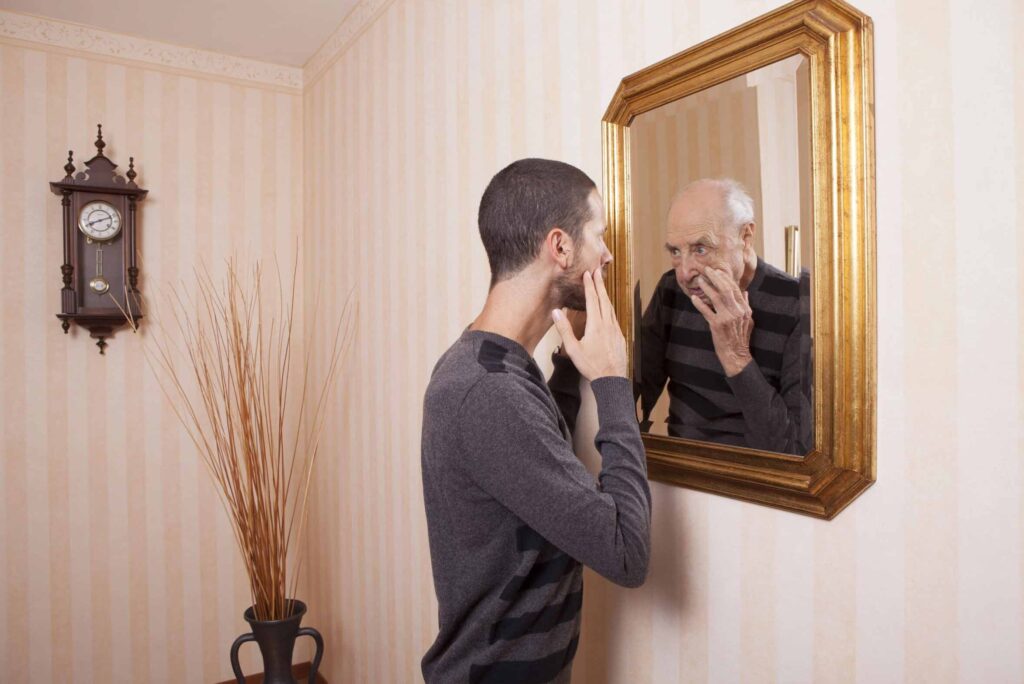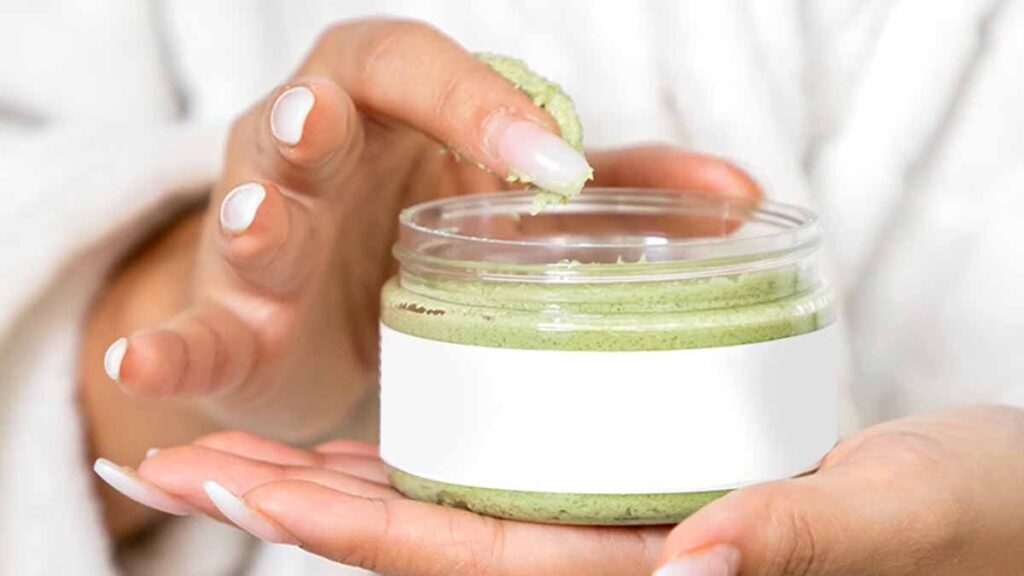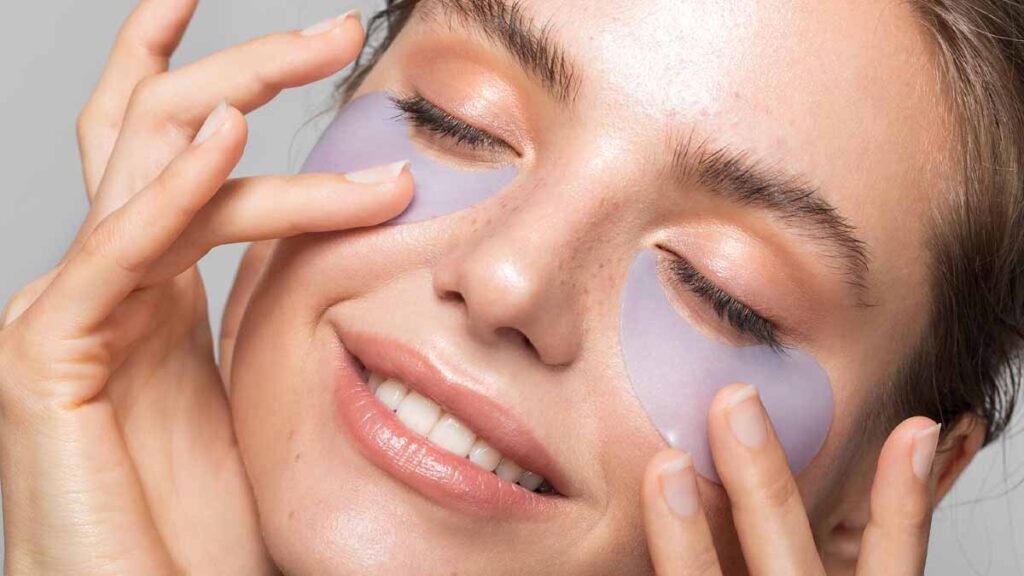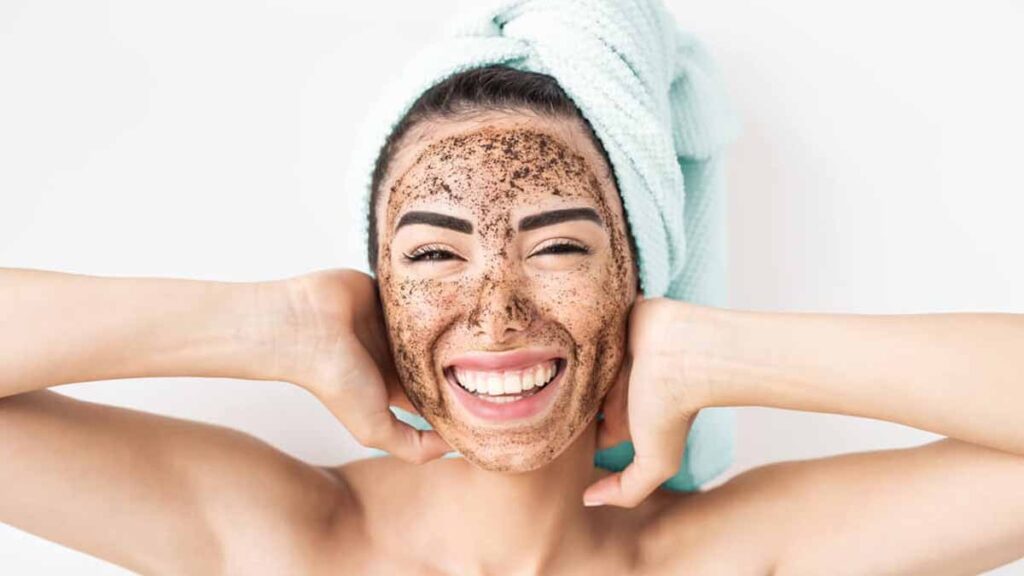Premature Skin Aging
Premature skin aging means your skin looks older than your actual age. For example, if you’re 30 but have deep wrinkles and age spots, your skin may be aging faster than normal. While aging is natural, early aging can be avoided.
There are two main types of skin aging:
- Intrinsic Aging: This is natural aging that happens over time. It depends on your genes and internal body processes.
- Extrinsic Aging: This happens due to external factors like sun exposure, pollution, stress, smoking, and more.
Most premature aging is caused by extrinsic factors, which means it is preventable.
Signs of Premature Skin Aging
Before we discuss what causes the skin to age early, let’s look at some signs:
- Wrinkles and fine lines (especially around eyes and mouth)
- Dry or rough skin texture
- Sagging skin
- Dull or uneven skin tone
- Age spots or pigmentation
- Visible pores
- Loss of elasticity or firmness
If you notice these signs in your 20s or 30s, it may be time to check what’s speeding up your skin’s aging process.
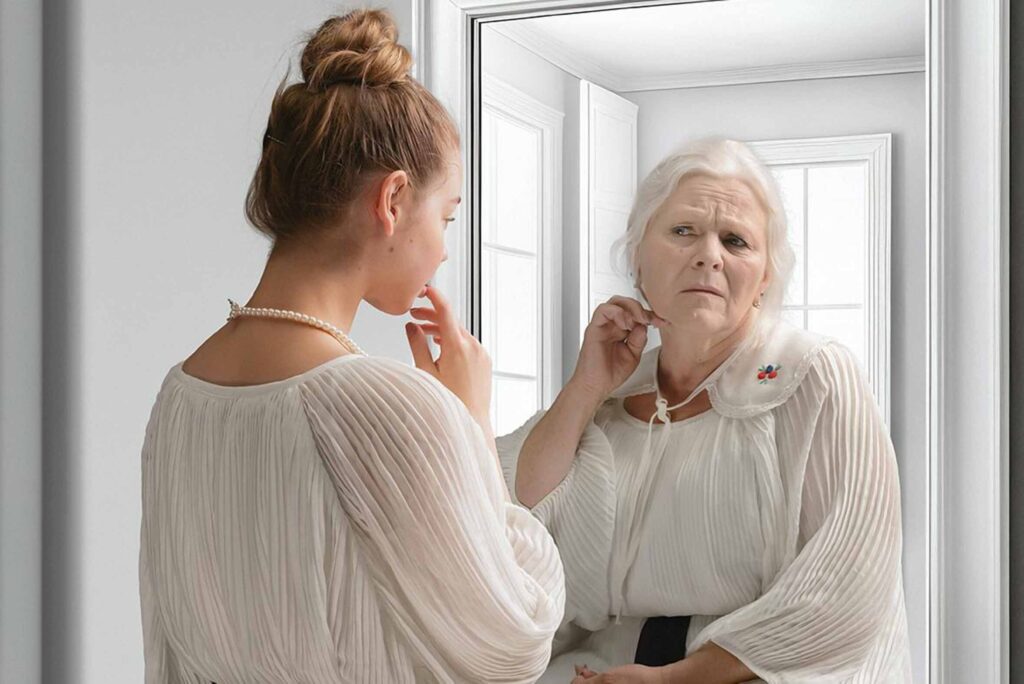
What Turns the Skin Old Before Its Time?
Here are the main causes of premature skin aging:
1. Sun Exposure (UV Damage)
Too much sun is the biggest cause of early aging. UV rays from the sun break down collagen and elastin, the proteins that keep skin firm and smooth. This damage leads to:
- Wrinkles
- Fine lines
- Age spots
- Sagging
This is known as photoaging. Even short daily exposure without sunscreen can harm your skin over time.
Solution: Use sunscreen daily, even on cloudy days. Wear hats and sunglasses when outside.
2. Lack of Proper Skincare Routine
Skipping skincare or using harsh products can speed up aging. Not cleansing the face, skipping moisturizer, or using the wrong products can lead to dryness, clogged pores, and a weak skin barrier.
Solution: Cleanse gently, moisturize daily, and use products suited to your skin type. Look for anti-aging ingredients like hyaluronic acid, niacinamide, peptides, and retinol.
3. Smoking
Smoking reduces blood flow to the skin and breaks down collagen. It causes wrinkles, dullness, and sagging, especially around the mouth and eyes. Smokers also tend to heal slower and get more infections, making the skin age faster.
Solution: Quit smoking. It’s one of the best things you can do for your skin and overall health.
4. Pollution and Environmental Toxins
Air pollution exposes your skin to harmful particles that damage the skin barrier. These pollutants cause oxidative stress, which speeds up aging.
Solution: Cleanse your face thoroughly at the end of the day. Use antioxidants like Vitamin C in your skincare to protect against free radicals.
5. Poor Diet and Nutrition
What you eat directly affects your skin. Diets high in sugar, processed foods, and unhealthy fats can cause inflammation, breakouts, and faster aging.
Too little protein, vitamins, and antioxidants weakens your skin’s ability to repair itself.
Solution: Eat more fruits, vegetables, lean protein, nuts, and healthy fats. Drink plenty of water and milk to keep your skin hydrated from within.
6. Lack of Sleep (Beauty Sleep Is Real!)
Sleep is the time when your skin repairs and regenerates. Poor sleep means your skin doesn’t get enough time to heal. It causes puffiness, dark circles, and premature lines.
Solution: Aim for 7-9 hours of quality sleep every night. Sleep in a dark, cool room and use silk pillowcases to reduce friction.
7. Stress and Anxiety
Chronic stress triggers hormone changes that break down collagen and increase oil production, leading to acne and aging. It also reduces your skin’s healing ability.
Solution: Practice stress-relief techniques like meditation, deep breathing, yoga, or spending time outdoors.
8. Over-Exfoliation
While exfoliation removes dead skin cells and brightens your face, doing it too often can damage the skin barrier. This makes your skin more prone to irritation, dryness, and early aging.
Solution: Limit exfoliation to 1–2 times a week. Use gentle exfoliants and follow up with moisturizer.
9. Not Drinking Enough Water
Dehydrated skin looks dull, flaky, and older. It loses its plumpness and elasticity, leading to fine lines and sagging.
Solution: Drink at least 8–10 glasses of water daily. Include hydrating foods like cucumbers, watermelon, and oranges.
10. Too Much Alcohol and Caffeine
Alcohol dehydrates your body and skin. It also causes inflammation, redness, and weakens collagen production. Caffeine, in excess, also has dehydrating effects.
Solution: Limit alcohol and caffeine intake. For every cup of coffee or glass of wine, drink a glass of water.
11. Lack of Physical Activity
Exercise improves blood circulation, brings nutrients to skin cells, and removes toxins. A sedentary lifestyle can slow down these processes, leading to dull and tired-looking skin.
Solution: Include regular physical activity in your routine. Even brisk walking for 30 minutes helps.
12. Skipping Sunscreen Indoors or During Winter
Many people think sunscreen is only for summer or sunny days. But UV rays can still reach you indoors, through windows, or during cloudy days.
Solution: Use a broad-spectrum sunscreen with SPF 30 or higher every day—365 days a year.
13. Using Hot Water on Skin
Washing your face or showering with hot water strips the skin of natural oils, causing dryness and irritation. This weakens the skin and speeds up aging.
Solution: Use lukewarm water for cleansing. Always apply a moisturizer afterward.
14. Facial Expressions and Sleeping Positions
Repeating facial movements (like squinting or frowning) can lead to fine lines over time. Also, sleeping on one side with your face pressed against the pillow can cause sleep lines.
Solution: Be aware of your expressions and try sleeping on your back.
How to Prevent Premature Aging
Now that you know what causes early skin aging, here’s how you can prevent it:
- Protect your skin from the sun.
- Build a simple, gentle skincare routine.
- Eat a balanced, antioxidant-rich diet.
- Stay hydrated inside and out.
- Sleep well and manage stress.
- Avoid smoking and limit alcohol.
- Move your body regularly.
- Get professional treatments if needed (like facials, chemical peels, or enzyme therapy).
Even if you’ve already started seeing signs of early aging, it’s never too late to care for your skin.
Best Ingredients to Fight Premature Aging
Look for these in your skincare products:
- Retinol – Boosts collagen and reduces wrinkles.
- Vitamin C – Fights free radicals and brightens skin.
- Niacinamide – Strengthens skin and improves texture.
- Peptides – Help repair and firm the skin.
- Hyaluronic Acid – Hydrates and plumps the skin.
- SPF – Protects against sun damage.
When to See a Dermatologist?
If you’re noticing fast changes in your skin, like deep wrinkles, sudden pigmentation, or sagging, it’s good to consult a dermatologist. They can guide you with advanced skincare and professional treatments suited to your skin type.
Final Thoughts
Aging is natural, but premature aging is often preventable. By making smart choices every day—like protecting your skin, eating right, staying hydrated, and avoiding harmful habits—you can keep your skin youthful and healthy for years.
Remember, your skin reflects your inner health and lifestyle. Start caring for it today, and you’ll thank yourself tomorrow.

